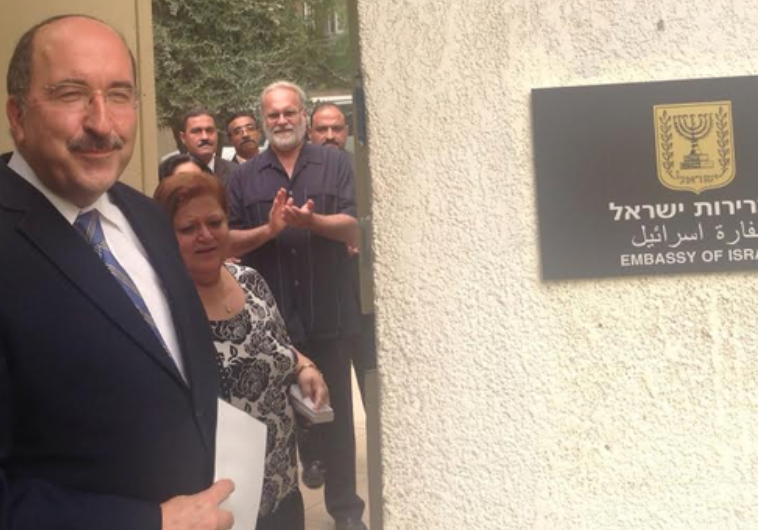Top diplomat: Israel has contacts with almost every Arab state
Dore Gold says those who claim Israel is isolated "don’t know what they are talking about."
 Foreign Ministry Director-Genral Dore Gold rededicates Israeli Embassy in Cairo(photo credit: FOREIGN MINISTRY)
Foreign Ministry Director-Genral Dore Gold rededicates Israeli Embassy in Cairo(photo credit: FOREIGN MINISTRY)